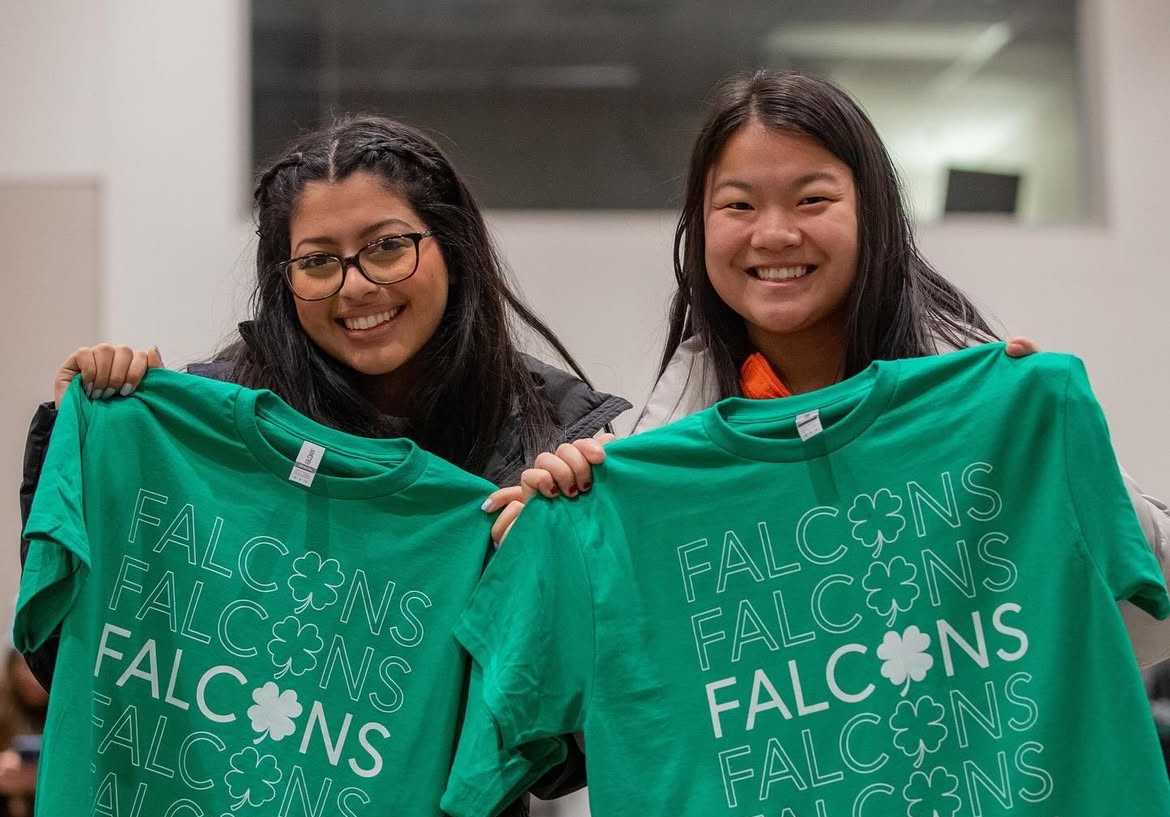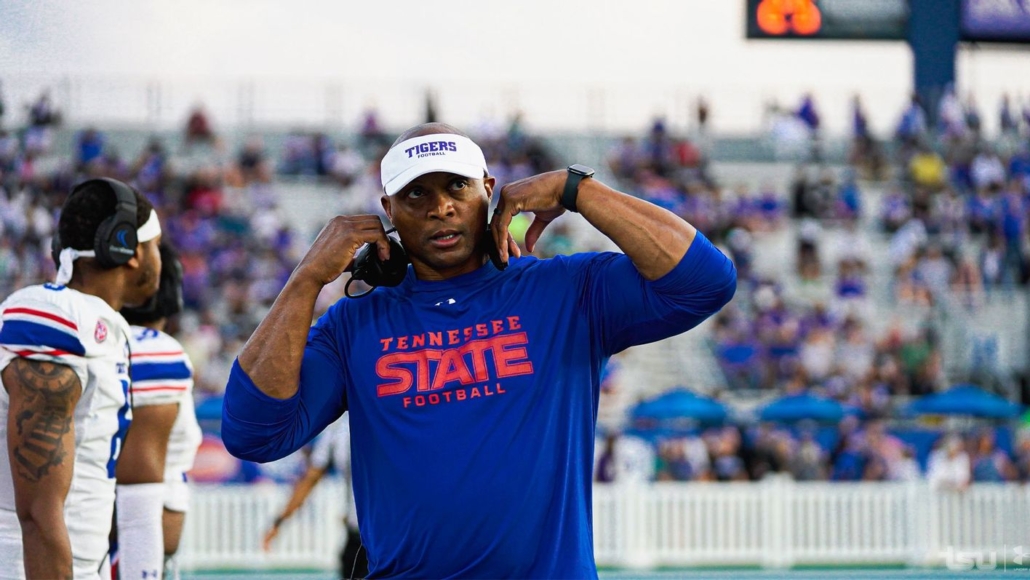Tailgaters at the Doyt L. Perry Stadium will receive a green bag and a request to leave it full of recyclables for the volunteers with the Green Tailgating program to pick up later.
Green Tailgating aims to reduce waste during game day at the stadium, Sustainability Coordinator Nick Hennessy said.
“We started calling it ‘Green Tailgating,’ but it’s more than just tailgating,” Hennessy said. “It’s a full blown effort in the stadium, around the stadium and by fans.”
The University’s Green Tailgating effort is run completely by volunteers directed by Hennessy and a student intern, Liz Herbst, he said.
The Green Tailgating volunteers set out the recycle bins at the stadium, hand out green bags to the tailgaters and pick them up at the end of the game, Herbst said.
The volunteers give tailgaters a green bag for the recyclables and a black bag for trash, Hennessy said. The volunteers just ask that tailgaters leave the bags tied up at the tailgate site.
While fans are inside the stadium watching the game, the volunteers for the program go around to pick up the bags, Hennessy said.
“It requires volunteers and cooperation, participation, support and assistance of fans,” Hennessy said.
Junior John Steiner has participated in Green Tailgating each of his three years at the University.
He got involved with Green Tailgating after meeting Hennessy on his freshmen wilderness experience. Hennessy led Steiner’s group.
Steiner said he volunteered for Green Tailgating after receiving an e-mail from Hennessy about the opportunity.
“Through the years I’ve definitely seen that people have grown more receptive to Green Tailgating,” Steiner said. “The first home game this year, people already knew who we were and were glad to help out.”
Herbst, a senior sports management major, brings a new look at the Green Tailgating efforts this year.
“Usually the intern is an environmental studies major, but this year they picked me so it’d be a different perspective,” Herbst said.
Herbst said she oversees the volunteers, marketing for it and the sorting of the recyclables collected.
“I think the first game seemed successful,” Herbst said. “It actually went really well.”
Hennessy said the first game had 30 volunteers for Green Tailgating, which is ideal for a typical game.
The Green Tailgating program started three years ago and initially only involved the game during family weekend, Hennessy said.
“It was just tailgating that time,” Hennessy said. “It became apparent really soon that other areas of the stadium could benefit from our efforts as well.”
Hennessy said that Ohio State University has zero waste in Ohio Stadium.
“Everything is recyclable or composted in the stadium,” Hennessy said. “But, they don’t touch the tailgate area.”
Green Tailgating asks for volunteers for three shifts throughout game day, Hennessy said.
The first shift starts three hours before the game and lasts until kickoff. The volunteers set up the recycle bins around the stadium and hand out the green bags and trash bags to tailgaters, Hennessy said.
The second shift starts after kickoff and goes until halftime, Hennessy said, and volunteers pick up the bags left at the tailgate sites.
The third shift starts near the end of the game, he said, and volunteers pick up the recycling containers throughout the stadium.
“We’re not asking people to miss the whole football game, everyone gets a chance to watch some of the game,” Hennessy said. “It’s fun, it’s in a football game environment and riding around in golf carts doesn’t hurt.”
People who would like to volunteer can go to bgsu.edu/offices/sustainability to sign up or send an e-mail to [email protected].













